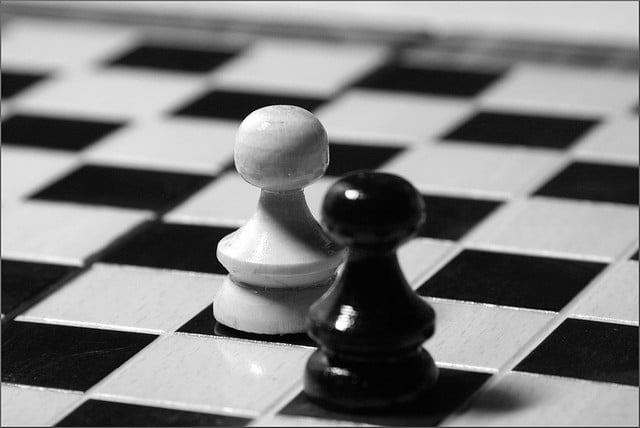Greetings from the Shinkansen.
While on my travels, I got to talking with a guy who had lived in Japan for a while. We talked openly about our lives (in that way that happens surprisingly frequently in situations when you know you’ll never talk to the person again), and he told me about his ex-wife, whom he had been married to for many years. One day she up and left, seemingly out of nowhere. My storyteller friend remarked with wonder that they never argued at all, so it was all the more shocking.
After having been wandering around in such a cheery and polite country, where every phrase uttered seems to be some combination of “please/I’m sorry/thank you/I’m not worthy,” his story did get me thinking about conflict.
Table of Contents
Wishing it all away, and other fantasies
Let me be the first person to say it; I despise conflict. When I’m walking past two people having it out, even if I don’t know them, I feel a residual ache inside, a sort of reaction to the negative energy being radiated from them. When I know them, it’s even worse. And when it’s in my life? Forget it. I’ll basically do anything to avoid it.
However, after years of experience and many broken relationships, I’m starting to finally realize that this doesn’t work. My avoidance has led in the end to things ending being worse than if I had faced the conflict head-on. I’ve learned that dealing with conflicts sooner will lead to less destructive conflicts.
Conflicts happen between people, or at least the people who are generally neurotic and insecure, which is to say, all of us. We have needs that we are looking to get filled by other people (some fair, some unfair) and these play out in various ways. We wish for closeness, and this causes conflict. We get too close, and this also causes conflict.
So once we’ve agreed that conflict is inevitable, what do we do?
- Accept that you have needs. You’ve probably spent some of your life believing that you don’t have needs, or that they aren’t as important as others. Get over it. Unless you can prove to me that your needs are not important (which you can’t; I’ve tried for longer than you have) accept them.
- Accept that the other person has needs too. Some people don’t have a problem believing their needs are important; they have trouble accepting anyone else’s. Get over this too. Same rationale; unless you can prove that you are somehow more important than someone else (and you can’t), accept that their needs are just as important to them as yours are to you.
Graph theory
Now I think a graph is in order here.

At first there is the conflict point. This may be a conscious of unconscious moment, but it’s the time at which some disagreement, and unhappiness begins. As time goes on, this conflict will gain in intensity. Time, after all, has a way of wounding all heals as far as conflict is concerned.
If you are able to tackle the conflict head on, and acknowledge and attempt to resolve it, you can have a shot of deflating its intensity (like a balloon), if not immediately then hopefully eventually. (Not every conflict can be diffused.) This point, the conflict reckoning, is painful, but if dealt with before the intensity gets too high, it can usually be surmountable and the relationship recoverable.
Now take the other case (my usual), when a conflict is left unexamined and unresolved for a long period of time. Note the curve. And the cliff. Note well that the reckoning point comes anyway, except this time it’s from such a height that the results can be catastrophic.

As a final flourish, note the areas under the curve, which represent the aggregate anxiety, stress, and pain. Which has a greater area? Which method causes the greatest pain?
So, ironically, dealing with conflict will not only make the conflicts less destructive, but you will have less overall stress due to the conflict. Maybe I should graph more things in my life.
How to do it? No idea.
I can’t say that I have any brilliant ideas for how to actually resolve conflicts. I’m not there yet. But these days when I find myself avoiding something that really does need to be resolved, I’m trying harder not to shy away from it. It’s hard and scary and painful, and I don’t seem to be very good at it so far, but I think in the long run it will be less painful than then alternative. It’s certainly worth trying something other than avoidance! I’m giving it a try; wish me luck.
But enough about me. How do you handle conflict? And what else should I be graphing?

